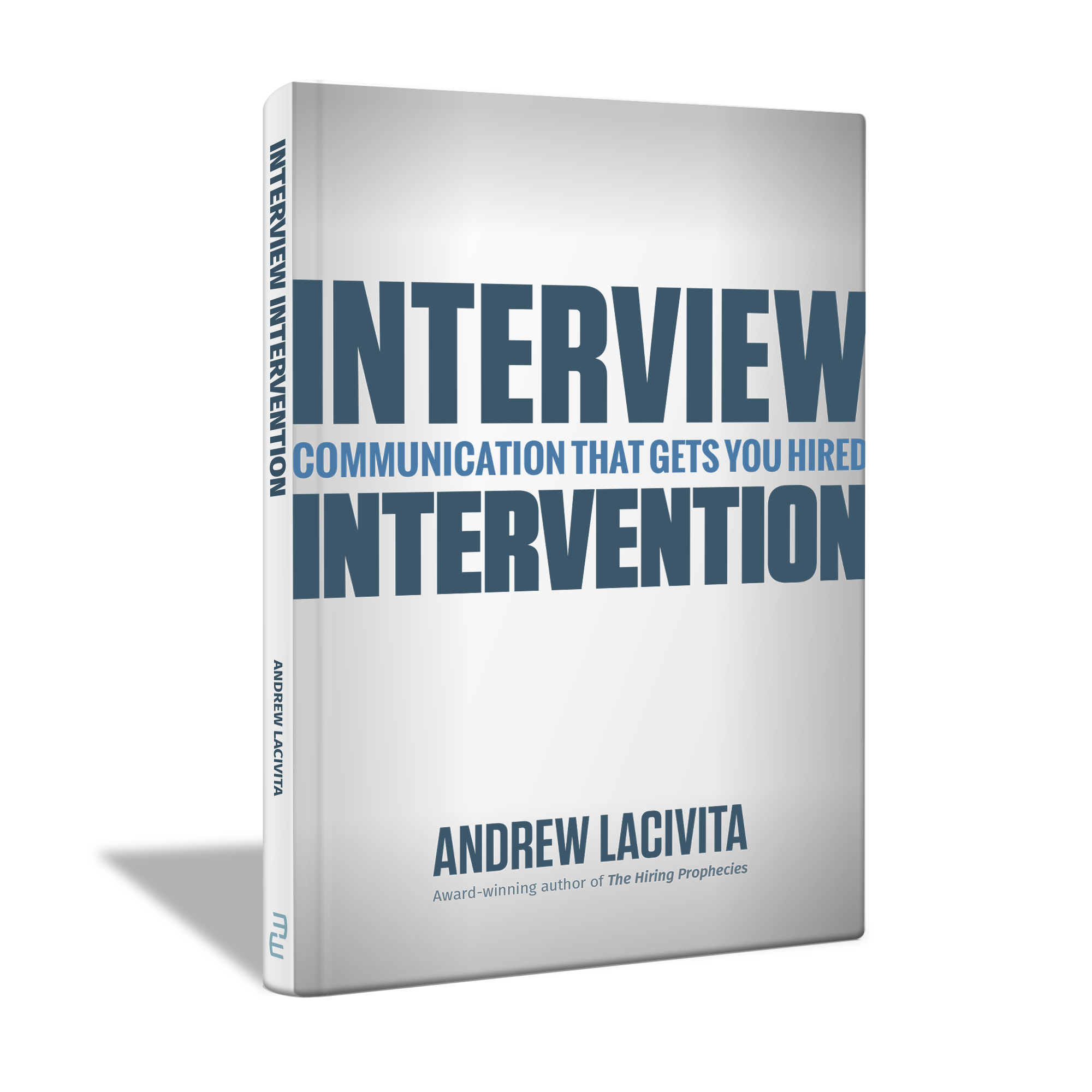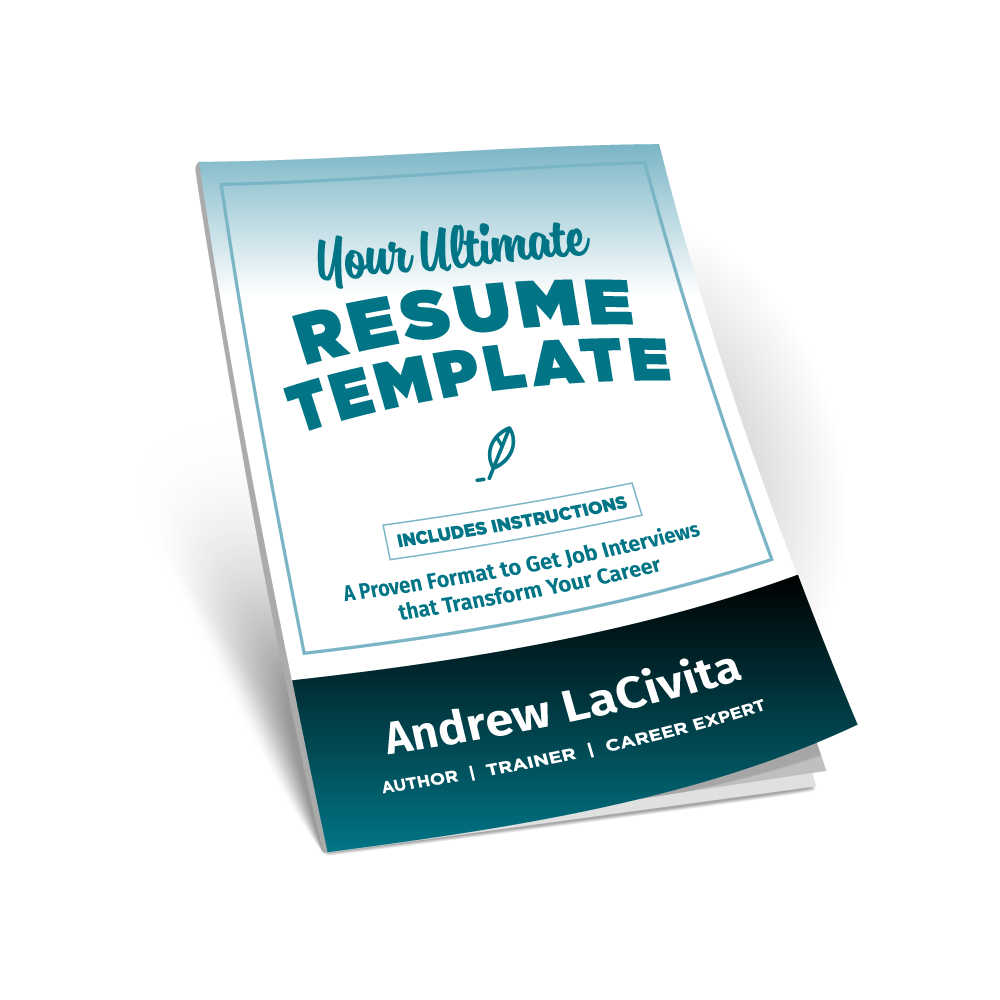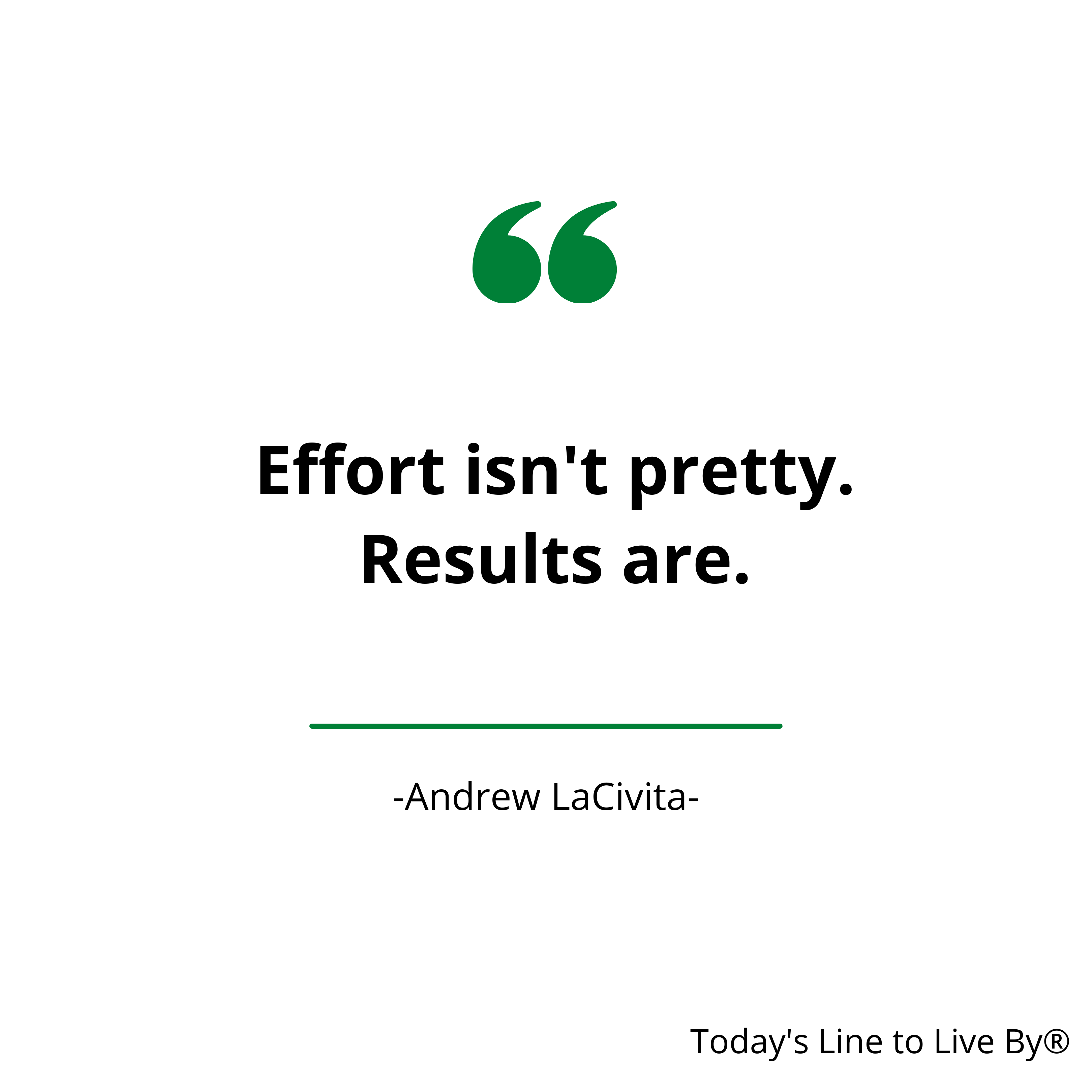When preparing candidates for their interviews, I often ask them whether they have started planning questions. I also want to understand what they consider the main purpose of asking questions. The typical response is, “So I can gather information to make a good decision about whether this is a good company and place for me to work.” That, in part, is true. In my opinion, however, that only covers one third of your opportunity.
Bear in mind, when the interviewer asks, “Do you have any questions?” she has literally given you control of the interview. Why focus solely on gathering intelligence? You certainly don’t have to follow her script, at least for the time being. You now get to say and ask anything you want! Take it—own it.
The way you organize your questions can help you reanswer the interview questions without saying a word.
Position yourself to realize maximum benefit with the least amount of effort—take these opportunities along the way to sell yourself. The way in which you organize your questions is one way to accomplish this. In addition, the technique in which you ask your questions can save time, thereby maximizing the number of questions you can ask and the amount of information you can gather.
By organizing your questions into one of three buckets—Company, Role, and Boss—you can maintain a prearranged flow of information for the interviewer and also sell yourself in the process. (While I would generally reserve the boss-related questions for your potential boss, you could substitute more appropriate interviewer-centric questions for any interviewer that would not be your boss.) I’m convinced any question you can imagine will fall into one of these three categories. Furthermore, this provides you with a manageable number of groupings to access and review for each interviewer.
Company: Includes questions aimed at surfacing corporate-level information. These questions could be related to financial health, revenue, earnings, organizational structure, employee base, corporate strategy, market position, products, services, competitors, management team, and corporate communications.
Role: Includes questions related to your specific job. These questions could be related to your typical responsibilities, team structure, performance review process, career development opportunities, and career path.
Boss: Includes questions related to your potential boss. These questions could be related to your boss’s management style, expectations, and plans for the future.
The sequence in which you ask the questions also plays a significant part. Asking company-specific questions at the beginning serves two purposes. First, it provides the most essential information you need about the employer. Remember, you join a company—you do not join a job. If you pick the right company, you don’t have the job you started in for very long. I mean that in a good way. The most successful companies are continually growing their people. The role you are interviewing for is a mere entry point. Second, it shows the interviewer you are a team player, big-picture-thinker, unselfish, organized (for your entire approach to questioning), and a host more. You have instantly reinforced your answers to the interviewing questions she likely asked twenty minutes prior. She is now gaining additional insight to her questions such as, “Describe how you are a team player,” “Tell me about an ambiguous situation that you organized,” and so forth.
Conversely, asking role-related questions first can actually have an adverse affect, for the same reasons. If you focus immediately on the role, the interviewer could misconstrue you as self-centered or more concerned about yourself than the company or team. While this might not be true, you want to avoid opportunities for her to misunderstand. Focus on the organization first and follow up with questions related to the job. This will help you gather insight regarding your immediate responsibilities, which will help you determine whether you can be successful initially. Most companies will insert interviewers early in the process who possess detailed knowledge of the role you are interviewing. This helps you understand the position and helps the employer sell the company.
Follow the company and role questions with those regarding your potential boss. Four out of five people quit their jobs because of their boss. I suspect this statistic will remain constant forever because people simply quit people before they quit companies. (See Top 5 Reasons Employee Quit You.) Gaining insight into your boss’s management style and expectations will help you determine whether this individual will be supportive and provide you opportunities to growth.
Let’s feed three birds with the same piece of bread.
I don’t like killing things, so let’s use that more inspirational expression instead of knocking birds out of the sky. Now that you understand an effective outline for grouping your questions, you need to prepare for one of the most important aspects of the interview—your specific questions. (See 39 Great Questions to Ask in a Job Interview.)
I often tell candidates there are many rich opportunities to sell yourself once you gain control of the interview. By developing and asking great questions, in the proper way, you can deliver the knockout punch. You ultimately get the chance to make two sales and a purchase simultaneously with every question—you have an opportunity to show how passionate you are, demonstrate how smart you are, and gather intelligence. I refer to those three benefits as the Triad to Asking Questions.
Before we discuss the specific structure to questions, it is worth noting that this is the part of the interview where the candidate is at greatest risk of wasting time, because the interviewer is not always providing the information the candidate needs. This is rarely attributed to the interviewer and more often a result of poor questioning on the candidate’s part. That is, the candidate leaves too much room for interpretation for the interviewer. The interviewer, in turn, provides information that might be interesting but not as valuable to the candidate. As you structure each question, you can avoid this situation and realize all benefits by focusing on the triad:
Passion: Show strong interest in the company, role, and interviewer. The easiest way to show your excitement is to overtly mention the research you performed.
Smarts: Demonstrate your level of expertise and intellect. The most effective way to illustrate this is by asking astute questions that require the interviewer to think as opposed to answering your questions with simple facts.
Intelligence: Gather information you actually need to help you determine whether the company is a good fit for you. The most straightforward means to elicit this information is to inform the interviewer specifically why you want to know.
Let’s review an example to illustrate the point. The candidate is a professional services software developer interviewing with an HR executive. The candidate could simply ask a vague question such as, “Can you please describe your client portfolio?” This particular question could lead to some useful information, but it might also yield a bunch of superfluous information that isn’t relevant to what the candidate needs to know to make a good decision. It will certainly eliminate the chance for the candidate to show the homework she did.
Here’s another option:
Software Developer: “I was reviewing your annual report for 2010 and noticed that your client portfolio included 25 percent of your revenue with financial services firms, 33 percent with healthcare organizations, 10 percent with manufacturing companies, and 32 percent with public sector institutions. Now that we are approaching the end of 2011, I’m interested in understanding the current balance for this year since you have yet to release that information publicly. The reason this information is important to me is that I want to understand the types of companies I will consult for because I have more experience implementing solutions in some sectors than others. That will also provide me with a sense of where I’m likely to travel based on where those companies are typically located.”
In the latter example, the candidate highlighted the research she performed (showing passion, interest, and exerted energy), asked an intelligent question that she could not find the answer to themselves, and directed the interviewer so she could focus on their respective areas of interest. This will not only ensure she’s gathering the most pertinent information but also increase the opportunity to ask additional questions by eliminating wasted time. The more intelligence she can gather, the more educated her decisions will be.
While there are several variations you can use to ask effective questions, the following generic example might serve as a good starting point to assemble your questions:
Candidate: “I was reviewing
There are obviously many great ways to formulate your questions and you should adapt the structure to the situation. Keep in mind, however, you do not want to waste an opportunity to sell yourself in the process.
For a great list of potential interview questions, see one of my previous posts, 39 Great Questions to Ask in a Job Interview. That’ll serve as a great starting point and you can augment them appropriately for your needs.








Leave A Comment